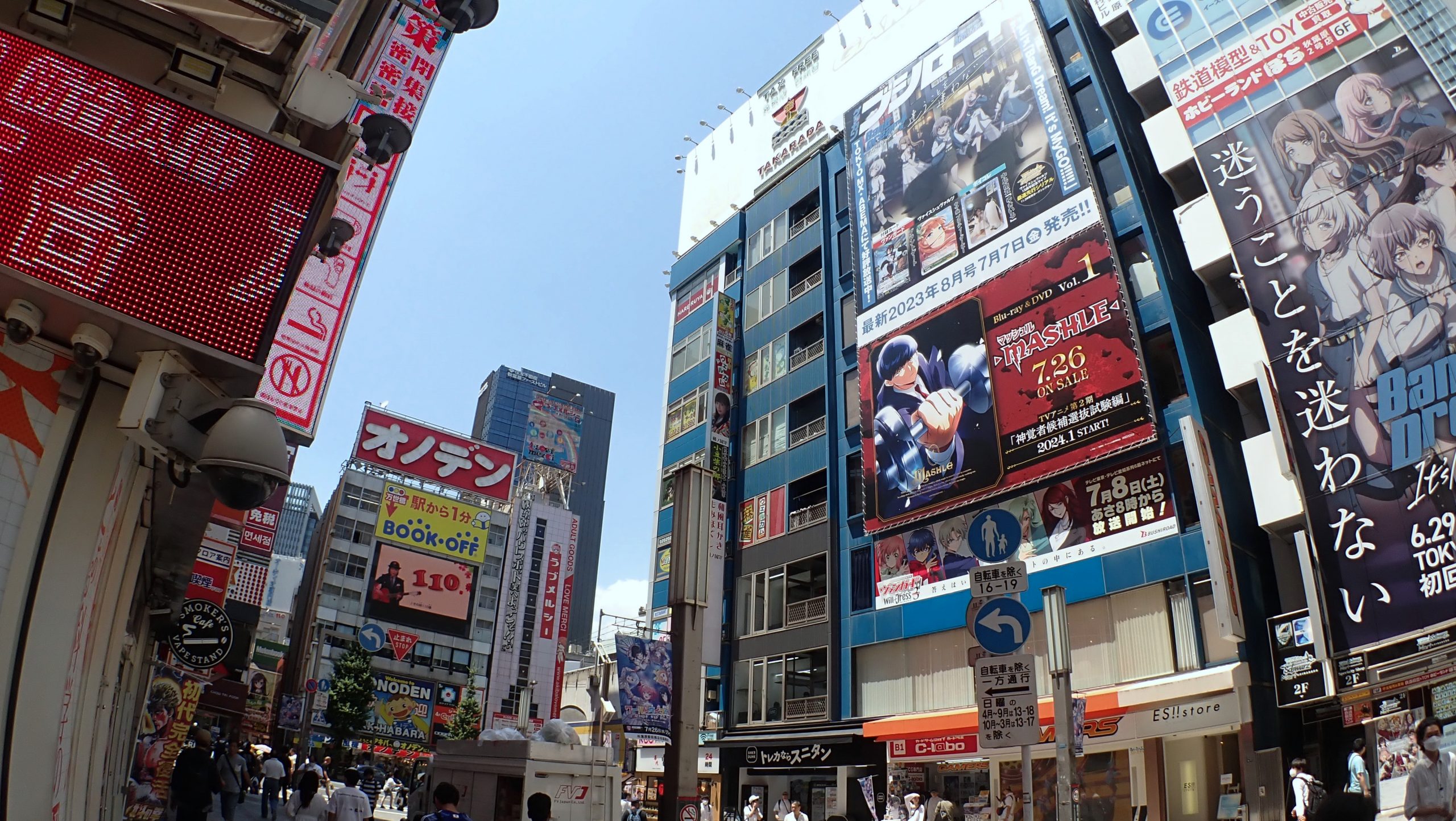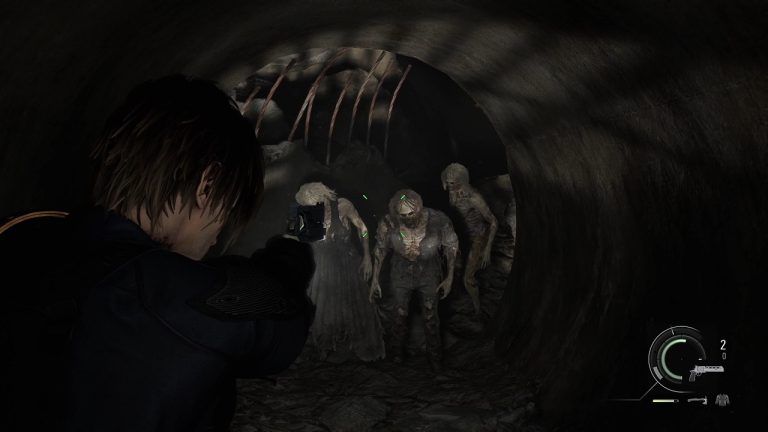Akihabara has been a hub of otaku culture for decades. However, in light of news that the district will be undergoing redevelopment, some seem to have concerns about whether the changes will result in the area losing its unique charm.
Akihabara, also known as Akiba or the ‘Electric Town’, is a district in Tokyo, Japan that is famous for its abundance of electronics and otaku-related goods. The area is popular with fans of anime, manga, games, and idol culture, being well-visited year-round by domestic and foreign visitors alike. Here you can buy the latest electronics, find retro games, shop for anime-related merch, or maybe visit a maid cafe. Those who enjoy visiting Akihabara typically do so because they appreciate its unique culture and lively atmosphere. However, it appears that the district will soon undergo some renovations.
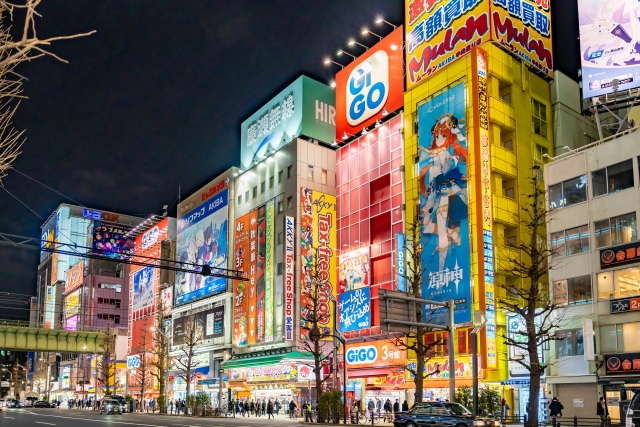
A recent article by Abema News, explains the redevelopment construction plans for the Akihabara area and covers what those who frequent the district think about the change. The article reports that there has been a proposal to redevelop an area near Akihabara station and the Kanda River. The plan includes demolishing some existing buildings in the area to construct a 170-meter-tall building for offices and commercial facilities. The building’s construction has been a long contemplated matter, with some landowners being undecided on building the office tower for nearly 20 years. However, it seems that the building’s construction plans are finally nearing completion and are anticipated to secure construction approval by year-end.
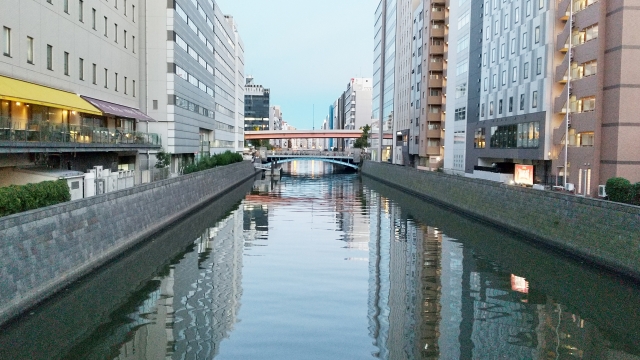
In order for construction to begin, the planning committee will need the consent of two-thirds of landowners in Chiyoda ward (the portion of Akihabara the land belongs to), something that they have never been able to do since the building’s first proposal two decades ago. It’s been a challenge to progress with construction due to the indecisiveness of property owners with many opposing the plans, viewing it as a financial risk and a poor use of taxpayers’ money.
On the other hand, there were also property owners who looked forward to the construction plans. Some owners mentioned that many of the older buildings in the area were losing their structural integrity and would be a safety hazard were an earthquake to occur. Given that Japan is a country that quite frequently experiences earthquakes, it’s easy to see why some might fear further delaying the construction plans.
Many stated that they enjoyed Akihabara’s current environment and shared that they were a bit saddened to see some of the “electronics town” atmosphere that the district is known for disappear, mentioning that it felt as if it was losing some of its charm.
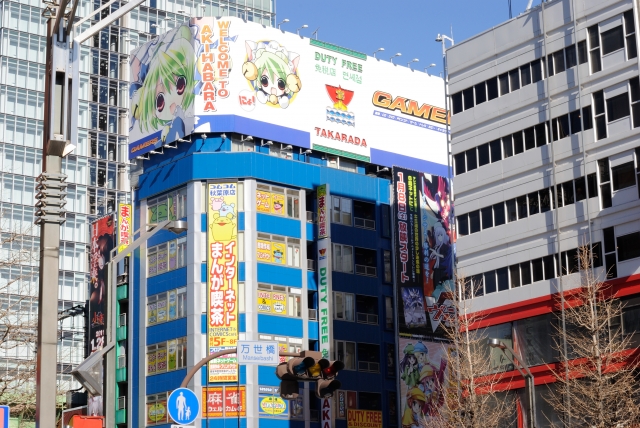
Although the article presented many opinions against the redevelopment plans, the opinions of online users were a bit more varied, with many commenting that they didn’t really mind the change. One user commented, “The ‘otaku hub’ has already shifted to Ikebukuro and Nakano. The “Nostalgic Akihabara” is just something old folk ramble about; it doesn’t attract anyone. The transformation of a town is evidence that the economy is thriving.”
Users also pointed out that Akihabara has continuously transformed its identity over the years. One user shared, “In the 90s, it was the town of computer parts. And even before that, it had been the town of transistor radios. But for some reason, maid cafes appeared later on and ended that.”
While many users thought the changes were not a big deal, others more fond of the older otaku aesthetic seemed to be disappointed with the news of the redevelopment. One user commented, “It’s just becoming an ordinary city, isn’t it? Tokyo has plenty of cities with high-rise buildings, so Akihabara won’t be unique anymore. I haven’t been to Akihabara at all lately. I used to go there a lot since I was a child. It’s so sad. I guess that it’s the flow of time.”
The demolition of the existing buildings and construction of the high-rise has still yet to be approved, however, it is said that a decision will be reached by the end of the year. Akihabara’s niche culture has attracted enthusiasts of various subcultures, allowing individuals fond of traditionally less mainstream hobbies to freely participate in their interests in an environment with like-minded people. While the news of the district’s development may not have been received well by some, Akihabara’s atmosphere seems to have always been ever-evolving. It’s possible that this new change could bring even more interest to the area.

